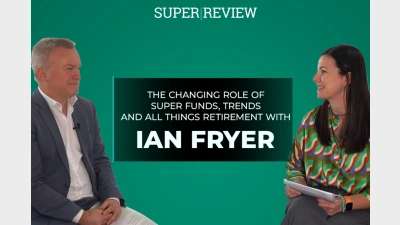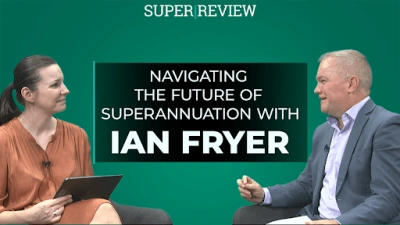Dividend imputation credits may prove too costly to keep, regardless of who is Prime Minister



Scott Morrison sailed to victory partially on the back of the Coalition’s successful campaigning against the ‘retiree tax’ in this month’s election, and there’s no denying that its characterisation of the Labor Party’s proposed franking credit reform as such was a stroke of political mastery.
Regardless of the election outcome however, superannuation funds and members alike need to prepare for the fact that one day, a variation of Labor’s suggested policy will probably become a legal reality.
Dividend imputation credits are projected to cost the Australian Federal Budget $8 billion annually within a matter of years; there’s a reason we’re the only country in the world to have them, and it’s purely about what they do to a state’s bottom line. In a climate where wages are stagnating, and a decade-long bull market is set to come to an end, this sort of expenditure will be hard to justify to voters and businesses alike.
The Coalition got away with justifying it as an unfair expense through a combination of genius marketing (that ‘retiree tax’) and a misunderstanding on the part of the public as to what franking credits actually are.
This is ultimately Labor’s fault. They both completely failed to adequately communicate the essence of franking credit refunds (they’re a tax concession after all, not a tax) and grossly underestimated the sort of time horizon the public and industry alike expect on such large policy change. On top of that, they also forgot just how sadly poisonous a good negative campaign is to sweeping policy reform.
The reality is, however, just under eight per cent of Australians receive a cash refund for excess imputation credits. On top of that, most of the refunds go to high wealth individuals; 80 per cent of the total amount refunded go to the wealthiest 20 per cent of retirees. That makes it a hard sell to voters, should we enter a recession, provided those marketing the policy work out how to better communicate it.
For Australians impacted outside of those receiving direct refunds it’s because, as the superannuation industry rightly pointed out, their super funds have made investments in the presumption that dividend credits would be paid out.
Being unprepared for the end of a tax concession is forgivable once; while its sunset date arguably should’ve been set years ago, once the stock market was attracting enough investors to have served the policy’s goal in that regard, it wasn’t. Those caught unaware by Labor’s surprise turn on the refunds got away with their outrage.
Once the policy comes up a second time however, excuses will face more scrutiny, particularly if the change is packaged not as a hit against retirees but as a way of producing Budget savings in a period of downturn.
Superannuation funds can’t sit back on their laurels and presume the political death of Bill Shorten is also the death of this controversial policy. To be in a strong position when it comes up again, they need to work out their plan of attack investment-wise in advance.
Recommended for you
In this Super Review Product Spotlight episode, host Maja Garaca Djurdjevic speaks with Ian Fryer, general manager at Chant West, to discuss the latest developments in superannuation.
In this new Super Review Product Spotlight episode, host Maja Garaca Djurdjevic is joined by Ian Fryer, the general manager at Chant West. Together, they explore Chant West's enduring reputation in the industry and share insights on the imminent changes in the super landscape.
While the last two years have been challenging for the superannuation industry, there is more to come in 2022 and super funds will need to rise up to the challenge.
With 20/20 hindsight, the disengagement which occurred with the introduction of the MySuper regime was a mistake which now needs to be urgently corrected.









